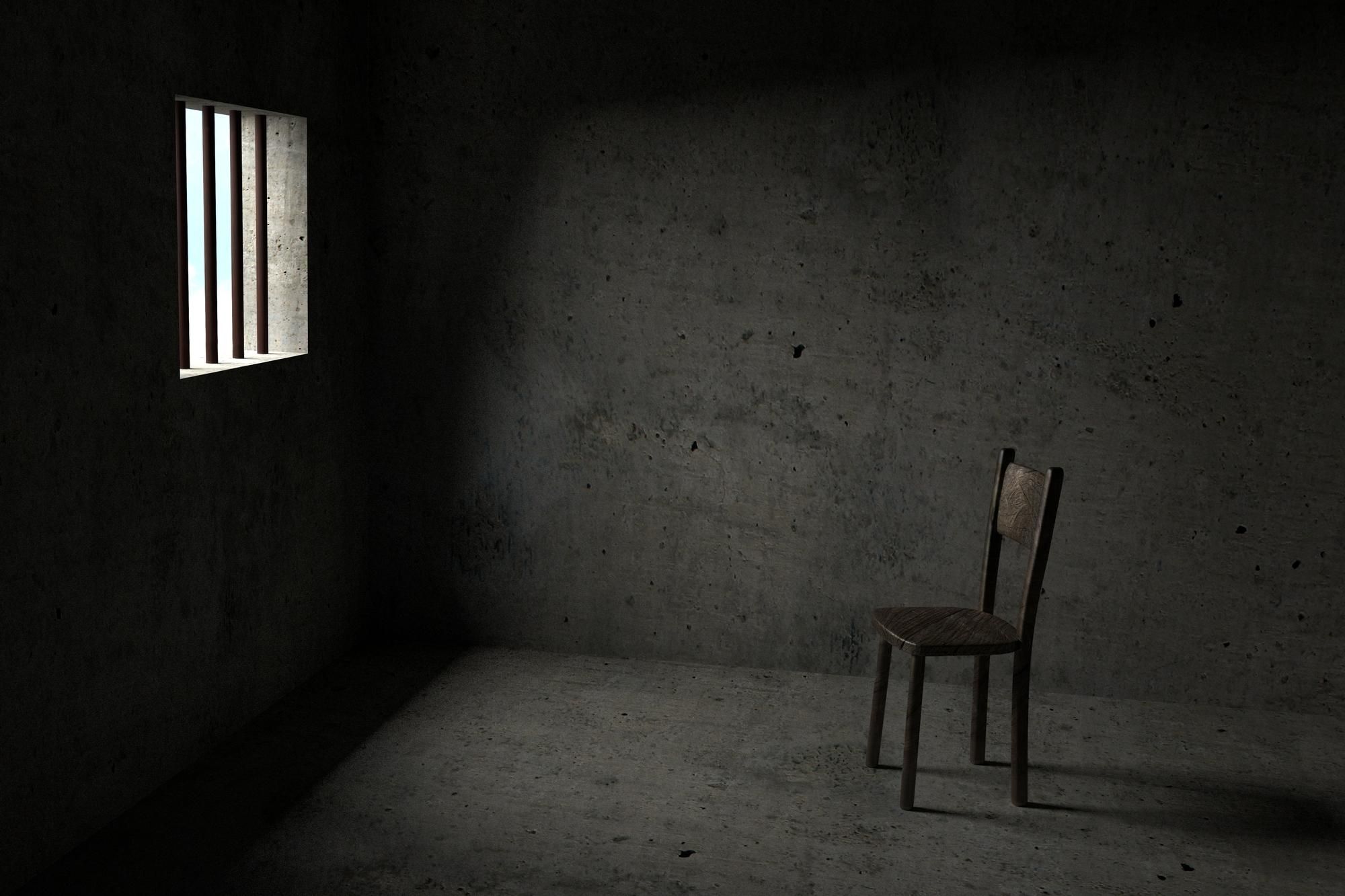Top Class Actions’s website and social media posts use affiliate links. If you make a purchase using such links, we may receive a commission, but it will not result in any additional charges to you. Please review our Affiliate Link Disclosure for more information.

A class action lawsuit alleging Nova Scotia jails are violating human rights by keeping people in solitary confinement for extended periods of time can go ahead, a judge has ruled.
Justice John Bodurtha of the Nova Scotia Supreme Court certified the class action brought against Nova Scotia’s attorney general in late March, CBC reported.
The class action was initially filed in 2018, and alleges Nova Scotia has been keeping inmates in solitary confinement for more than 15 days at a time.
The claim alleges the practice constitutes “cruel and unusual punishment” and is a violation of prisoners’ constitutional rights and a breach of Nova Scotia’s fiduciary duty and duty of care to prisoners.
It points out the use of solitary confinement in correctional contexts is a practice with “serious and well-documented negative outcomes on the psychological and physical health of human beings,” and says it can lead to reoffending.
Current international standards limit the acceptable length of isolation to a maximum of 15 days.
Plaintiff Robert Bailey told CBC he was placed in solitary confinement, where the lights were constantly on in his cell, they were given floor mats instead of beds, and had to wear robes instead of clothes.
“You never see the outside, you never go to the yard, you never get a breath of fresh air,” he said.
Bailey’s attorneys told CBC they are not arguing inmates should never be separated from the general prison population, however they should never be isolated for more than 15 days and mental health issues should be taken into account.
The attorneys said Class members are automatically included in the class action unless they opt out by June 30.
The class action comes after Ontario’s Court of Appeal ruled in favor of a $30-million class-action award against Ontario for its mistreatment of inmates in solitary confinement, CBC reported.
In that case, a panel of appellate judges agreed with a lower court’s determination that administrative segregation, a practice akin to solitary confinement, constitutes cruel and unusual punishment in violation of the prisoners’ rights.
It agreed that Canada failed to heed warnings about the mental and physical harm caused by prolonged isolation.
Lawyers for the prisoners in the Nova Scotia case told CBC they would take guidance on damages from the Ontario case.
The case also comes as the Attorney General of Canada faces a nationwide class action lawsuit filed in the Supreme Court of Nova Scotia alleging he is responsible for systemic failures in the correctional system that have failed to prevent and resolve sexual abuse against female prisoners.
What do you think about this case against the use of prolonged solitary confinement? Let us know in the comments!
ATTORNEY ADVERTISING
Top Class Actions is a Proud Member of the American Bar Association
LEGAL INFORMATION IS NOT LEGAL ADVICE
Top Class Actions Legal Statement
©2008 – 2024 Top Class Actions® LLC
Various Trademarks held by their respective owners
This website is not intended for viewing or usage by European Union citizens.
















